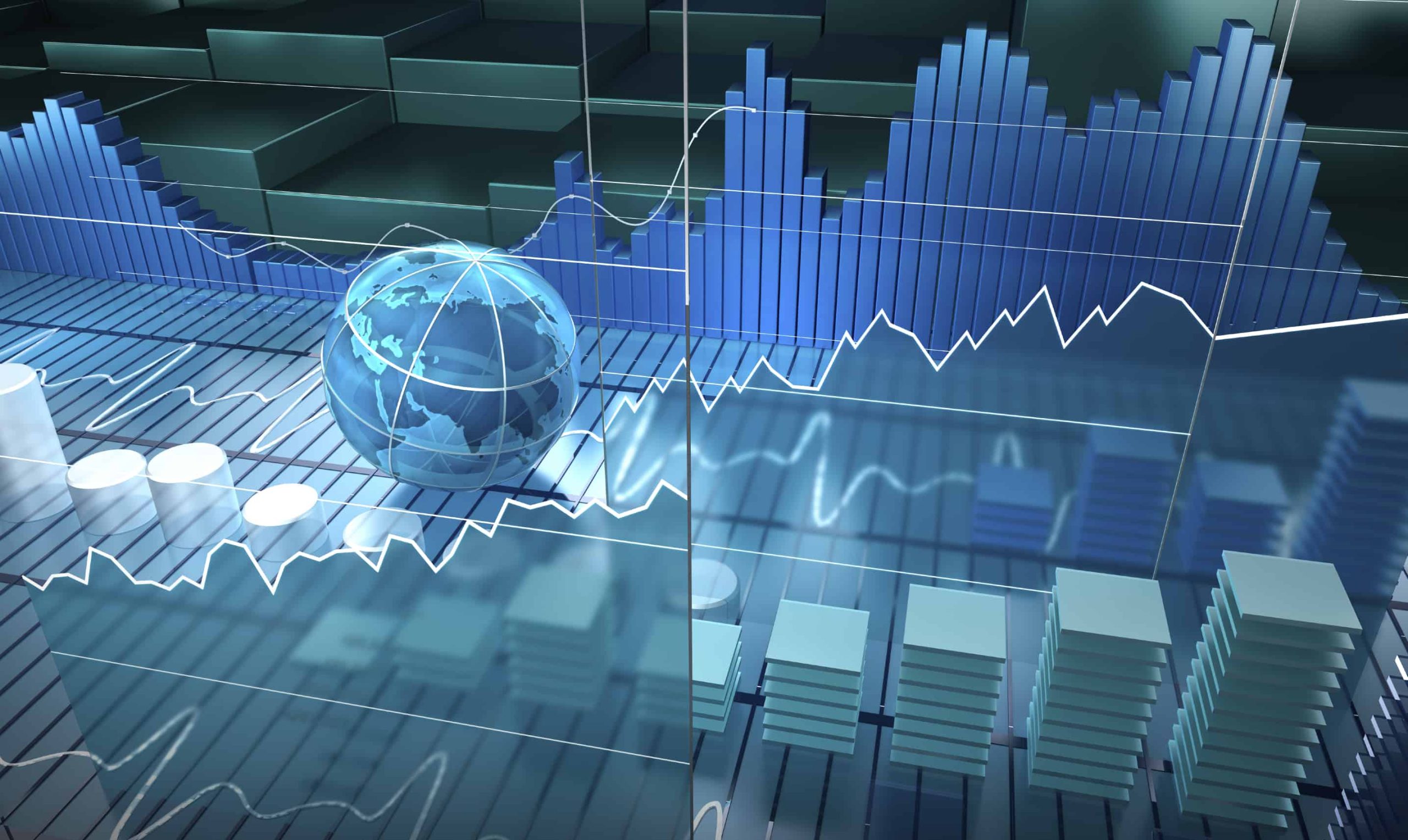Share markets are often weak from mid September, through October, to mid November. That would see investment values fall. However, so far this year has brought little sign of weakness.
The main driver of share prices is company profits. If profits increase prices rise. If profits decrease prices usually fall. For the half year to June 30, Australian company profits rose modestly.
Technology companies saw good profit gains. Mining companies did quite well despite commodity price weakness. Gold miners surged with gold prices. Profits at banks and financial companies rose. The big retailers disappointed. Property company results were mostly weaker.
International share prices have been strong, especially US shares. June Quarter company profits in the US increased more than analysts expected.
The big US technology companies’ prices have risen to extremely high levels, driven by hopes for artificial intelligence. They are at risk of a slump. However, AI will reshape the world, so its potential is very difficult to value.
President Trump’s trade war with China is yet to be resolved. There have been tit for tat restrictions on rare earths exports from China, and critical software and Boeing aircraft parts from the US. Trump will probably settle for much less than his initial ambit claim.
The US Government shutdown is a concern but doesn’t seem to be worrying US investors. Presumably it will get resolved in time.
The British and European economies, and company profits, are showing very slow growth. Share prices are high but not extreme.
Falling interest rates around the world are a positive influence as they reduce companies’ borrowing costs and make fixed interest investments less attractive.
Australian interest rates have reduced and should come down further, but perhaps not by a lot. Inflation is still above target. Wage inflation is still elevated. Energy costs have risen dramatically. Demand for power is inelastic, so prices will go much higher yet, reducing company profits.
Inflation remains a threat in the US due to import tariffs.
Excessive government spending and deficits in many countries will help keep inflation higher and interest rates up. Rates may already be nearing their bottom in Europe and the US.
However higher inflation means good businesses and quality shares will edge up in price, as they have in recent years.
Overall, there isn’t a lot to push share prices higher. Yet there is nothing evident that could cause a serious market slump either. The December to February period is often strong in the share market, though perhaps not this year.

